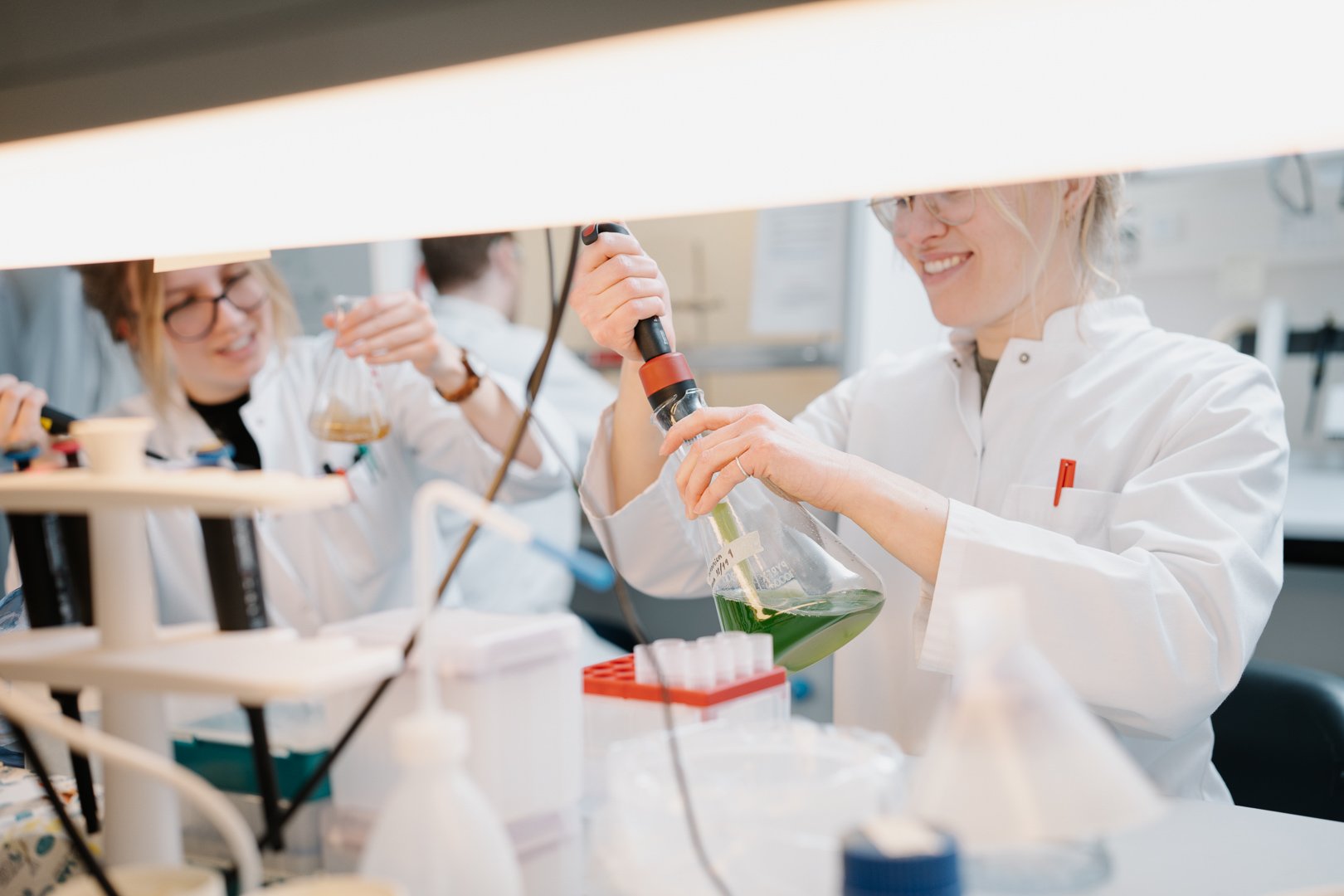
TriptoBIO in the Media
Rat Infestations Are a Global Problem. Is Birth Control the Solution?
Ferndale, Michigan is trialing a new rodent contraceptive called Contrapest, which works by limiting rats' ability to reproduce. This method is being praised as a more humane and environmentally friendly alternative to traditional pest control methods like poison and traps. As urban rat populations continue to soar, this approach could offer a long-term solution, reducing rat numbers without harming wildlife or the environment.
The Future of Rat Control: Contraception Over Poison
Researchers at the University of Copenhagen have developed an innovative, eco-friendly method for rat control using a contraceptive compound, Triptolid, derived from a rare plant. Unlike toxic rodenticides, this solution prevents rats from reproducing without harming the animals, offering a sustainable alternative. The compound is now produced efficiently through genetically modified yeast, making it both cost-effective and scalable. The method is already in use in the U.S. with the product ContraPest, and it may soon become a permanent solution for pest control globally.
Contraceptive Yeast: A Humane Future for Rat Control
Rat control has taken a sustainable leap forward thanks to researchers at the University of Copenhagen. Instead of relying on toxic poisons, they’ve developed a contraceptive solution by producing triptolide— a compound that reduces fertility in rats—through yeast fermentation. This eco-friendly approach, developed in collaboration with SenesTech, offers a humane, long-term solution for managing rat populations. Beyond rats, this method could open doors for broader applications in pest control, highlighting a promising future for both urban and environmental health.
Empowered by Purpose: TriptoBIO’s Team Innovates Non-Toxic Rat Control through Sustainable Biotechnology
“Safer, cheaper or more efficient solutions are the heart-blood of research-based start-ups. For INNOVATION DISTRICT COPENHAGEN-based biotech start-up TriptoBIO, their mission to provide an environmentally responsible alternative to compounds sourced from rare plants is a crucial argument, when they need to hire hard-to-find staff.”
- Innovation District Copenhagen, 17 Sep 2024
How a Plant’s Enzymes Help Create the Natural Compound Triptonide
The plant Tripterygium wilfordii produces compounds like triptonide, which have potential for disease treatment and non-hormonal male contraception. This study shows that specific enzymes called cytochrome P450s play a key role in creating these compounds. By using tobacco plants and yeast as hosts, researchers identified the minimal set of genes required for triptonide production. They also found a way to increase triptonide yield by over nine times, opening up the possibility of producing these compounds via fermentation.





